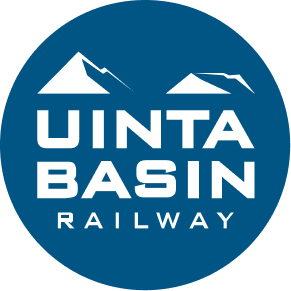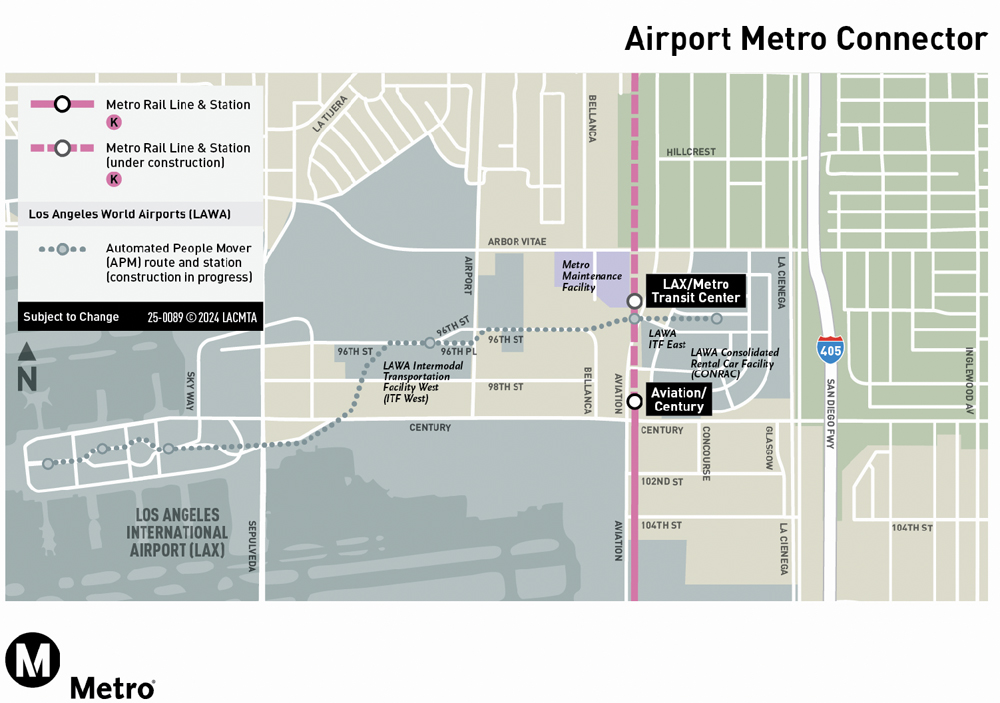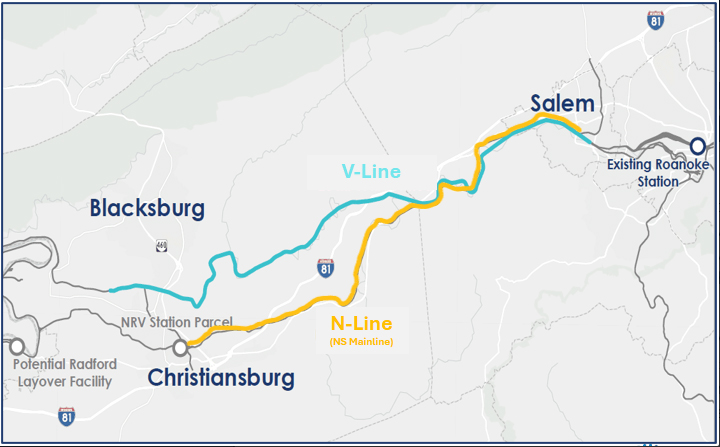 WASHINGTON — A federal appeals court has turned down a request to rehear its decision blocking approval of the Uinta Basin Railway project, the Salt Lake Tribune reports, leaving the Surface Transportation Board to address issues with its environmental report raised by the court’s decision in August.
WASHINGTON — A federal appeals court has turned down a request to rehear its decision blocking approval of the Uinta Basin Railway project, the Salt Lake Tribune reports, leaving the Surface Transportation Board to address issues with its environmental report raised by the court’s decision in August.
The U.S. Court of Appeals for the District of Columbia on Monday turned down the rehearing request from the Seven County Infrastructure Coalition, the public partner for the project to build an approximately 88-mile railroad from a remote portion of northeaster Utah to connect to the Union Pacific main line, allowing transport of up to 350,000 barrels of oil per day.
The STB was not a party to the rehearing request. It does not comment on pending litigation, a board spokesman told the Tribune.
In its August decision, the court called the STB’s decision allowing construction of the Uinta Basin Railway “arbitration and caprious,” vacating the Environmental Impact Statement and a related document and sending the matter back to the STB [see “Federal court strikes down approval …,” Trains News Wire, Aug. 18, 2023]. The three-judge panel was critical of the environmental report for failing to consider “downstream impacts” on such matters as larger environmental impacts of drilling and refining of the Utah oil, or potential impacts from a rail accident or wildfire beyond the Uinta Basin Railway itself.














In other words, construction was denied, because the court doesn’t like the cargo it would carry. And, it isn’t that the railroad isn’t a safe means of transporting the cargo, it is that the court does not like oil being drilled and refined.
Myth: Construction was denied. Construction was not denied, but the 7 county Coalition and their funding source (Drexel Infrastructure Partners) were required to redo the EIS to consider downstream impacts that are ny-on impossible to denote since everything is a downstream impact. The Railway and the contractors are redoing the EIS to comply with the USCoA ruling and it will be completed at great extra cost and will not show hardly any new information that the court doesn’t already have except maybe an economic assessment of what drilling for oil means to the national energy independence from foreign domination, the same as all other well drilling companies in the Bakken and Permian Basins have had to do. In fact I would not be surprised if it was no a verbatim response.
This just shows what happens to the rights of individuals when the courts decide to become legislators and do not rule on the facts at hand or on case law. And people wonder why everything is so expensive. Bill Stephens has a good article in the January issue of trains which describes these “regulatory stunts” perfectly. Delay, delay, delay. Anything to delay the inevitable. The watch cry of environmentalist everywhere…
And we wonder why other nations are beating us building infrastructure. Had to laugh when Buttigieg said America will become the highspeed rail world leader under his administration.
If court approvals were necessary for the Transcontinental Railroad, it would’ve never been built.
Actually nothing would be built anywhere. Boston would be a few hills in the middle of a coastal wetland. Plymouth County’s cranberry bogs would be illegal. Etc. etc. etc. from Maine to American Samoa.
kangaroo Court
Really??? they made the right decision to continue the approval process.
“The U.S. Court of Appeals for the District of Columbia on Monday”
Not exactly the jurisdiction you want to get a judgement based on green issues overturned.